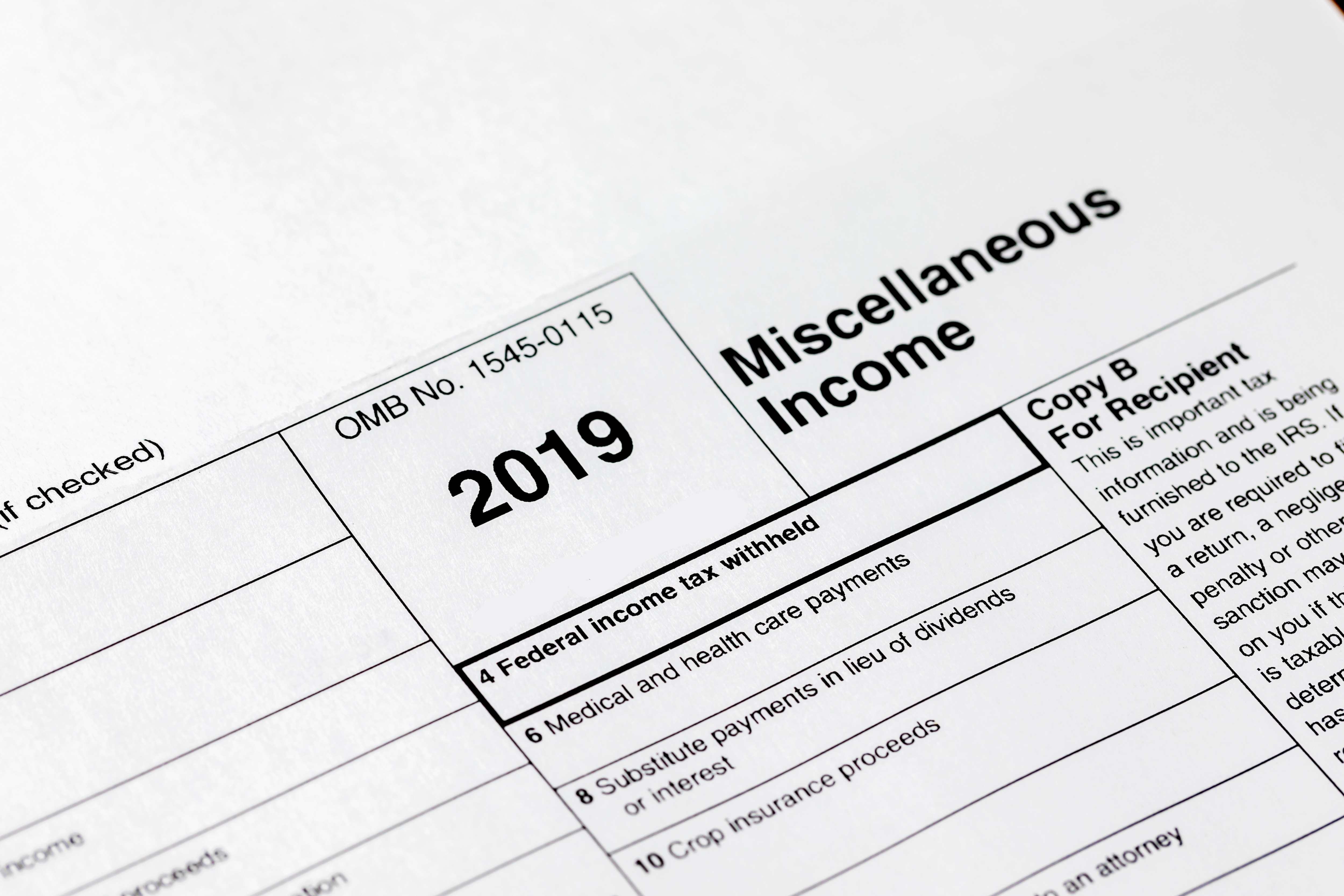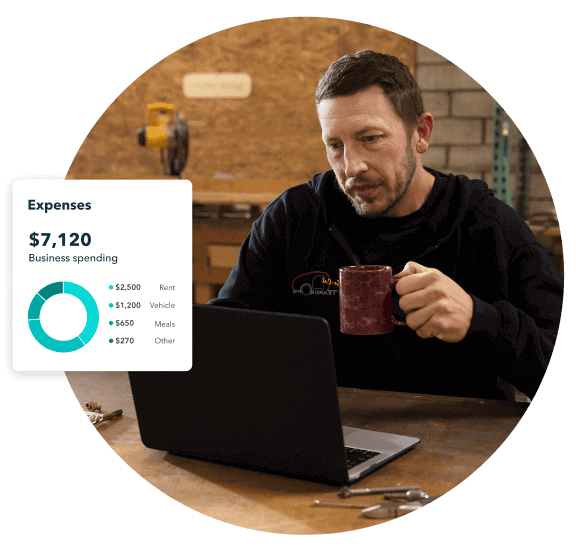Interest and bank charges
Are you paying back a loan for expanding your small business? If so, most of your interest charges are deductible as miscellaneous business expenses, including charges for any property your company bought. You get deductions for any fees or penalties you pay associated with a loan, plus interest on most loans made against insurance policies.
Check out your options regarding tax treatment of interest payments, and consider amortizing them over five years. In some cases, you can add your interest payments to the cost of the property involved rather than treating them as miscellaneous business expenses.
Keep in mind that as a small business owner, you have some restrictions, such as on the amount of interest that’s deductible for purchases of vehicles and vacant land. If you have a home office, deduct interest on your home mortgage as an expense related to the business use of your home.
Deduct all management and administration fees you pay for the operation of your small business, including bank charges. If your business accepts credit cards and pays processing charges, tracking these miscellaneous expenses in QuickBooks simplifies including them when filing your tax returns.




